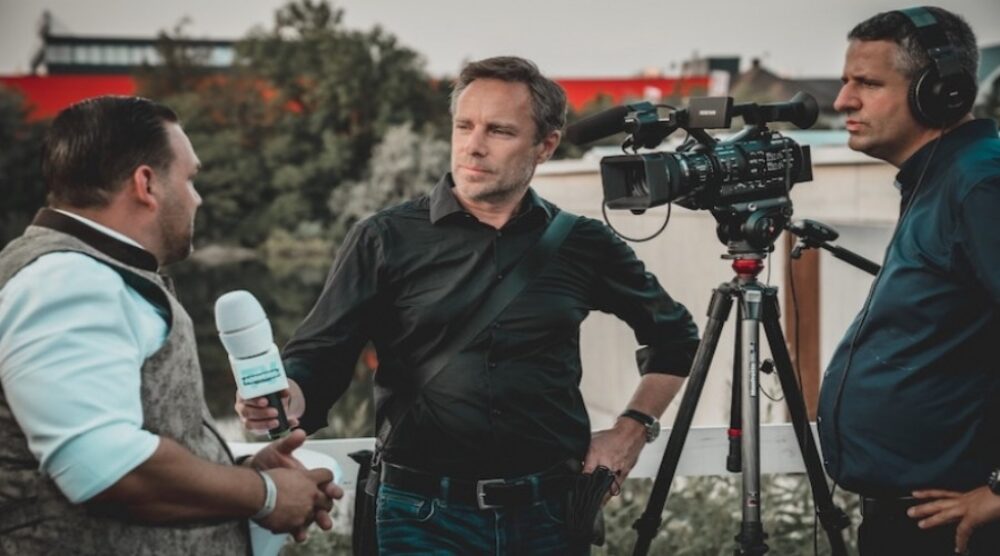A country’s image in 2020 will be shaped by how their government is perceived to have responded to the challenges of the escalating pandemic.
The public diplomacy stage is becoming increasingly crowded in these times of 24-hour news cycles, social media and the spreading of “fake news,” making the control of this narrative nearly impossible. Global health diplomacy was once a term contained to public health or humanitarian literature; however, with the media spotlight now scrutinizing all governments’ decisions to contain outbreaks of COVID-19, journalists play an increasingly important public diplomacy role as “opinion leaders.”
As we retreat to our homes to obey regulations on social distancing, people rely on messaging delivered through the media to shape their perceptions of how each country is faring and to dissect the impact of policy decisions in real-time. In a world where even diplomats are forced to work from home, other forms of traditional public diplomacy have almost entirely been replaced with mass-media messaging. Governments are scrambling to manage their public image as domestic and foreign populations consume daily press briefings, global health statistics and debates on the different public health policies adopted across the globe.
Please click here to read the full “In the age of the covid-19 crisis, have journalists become the new diplomats?” article published at the Center on Public Diplomacy Blog written by Griffith Asia Institute Adjunct Fellow, Dr Bradley McConachie








